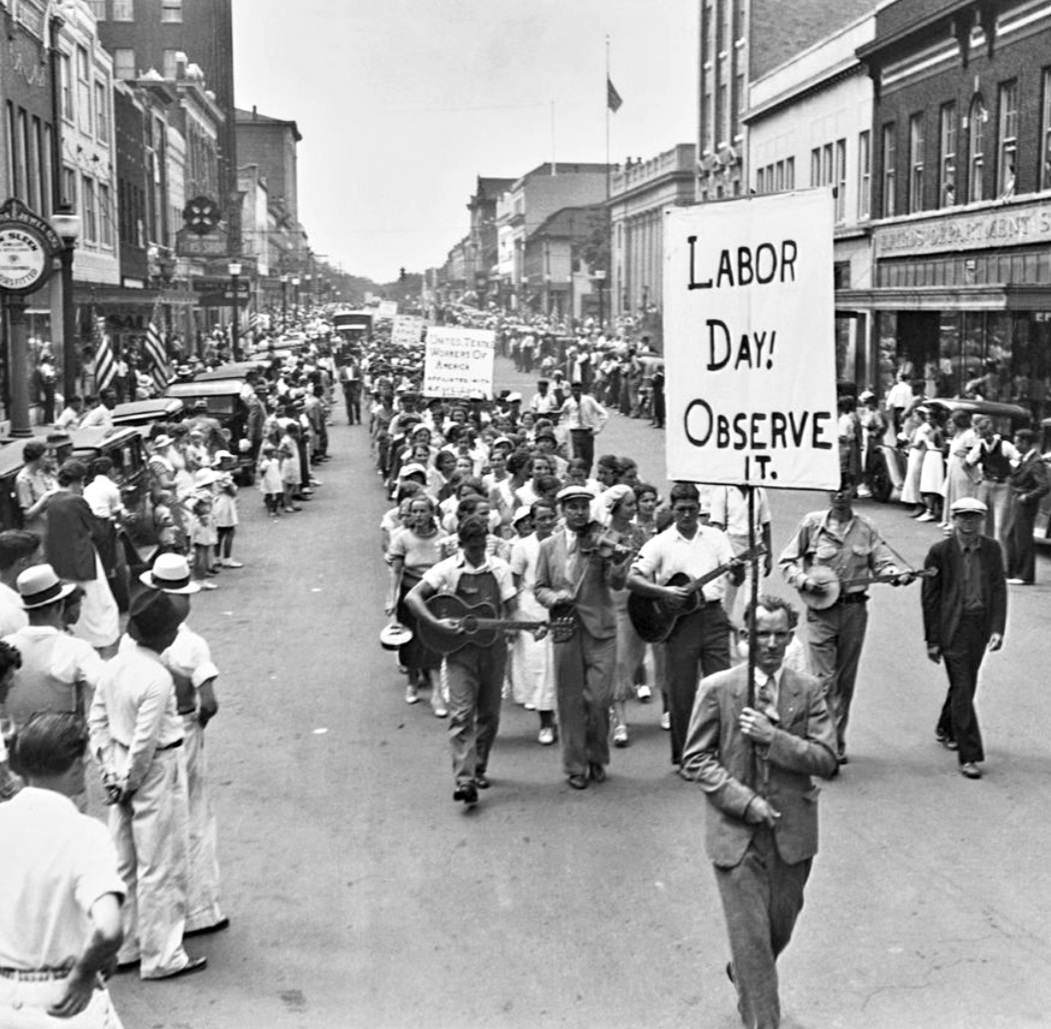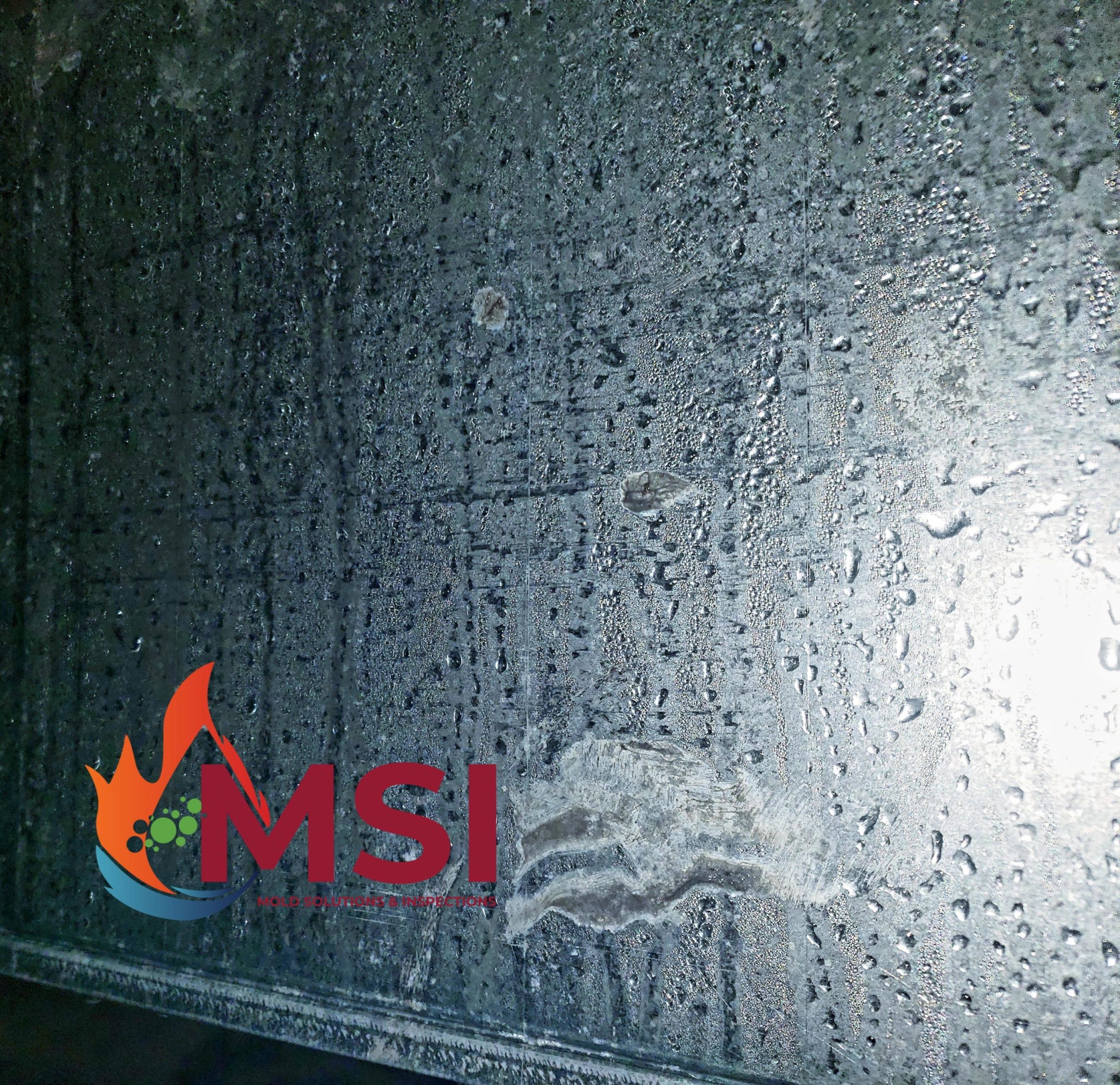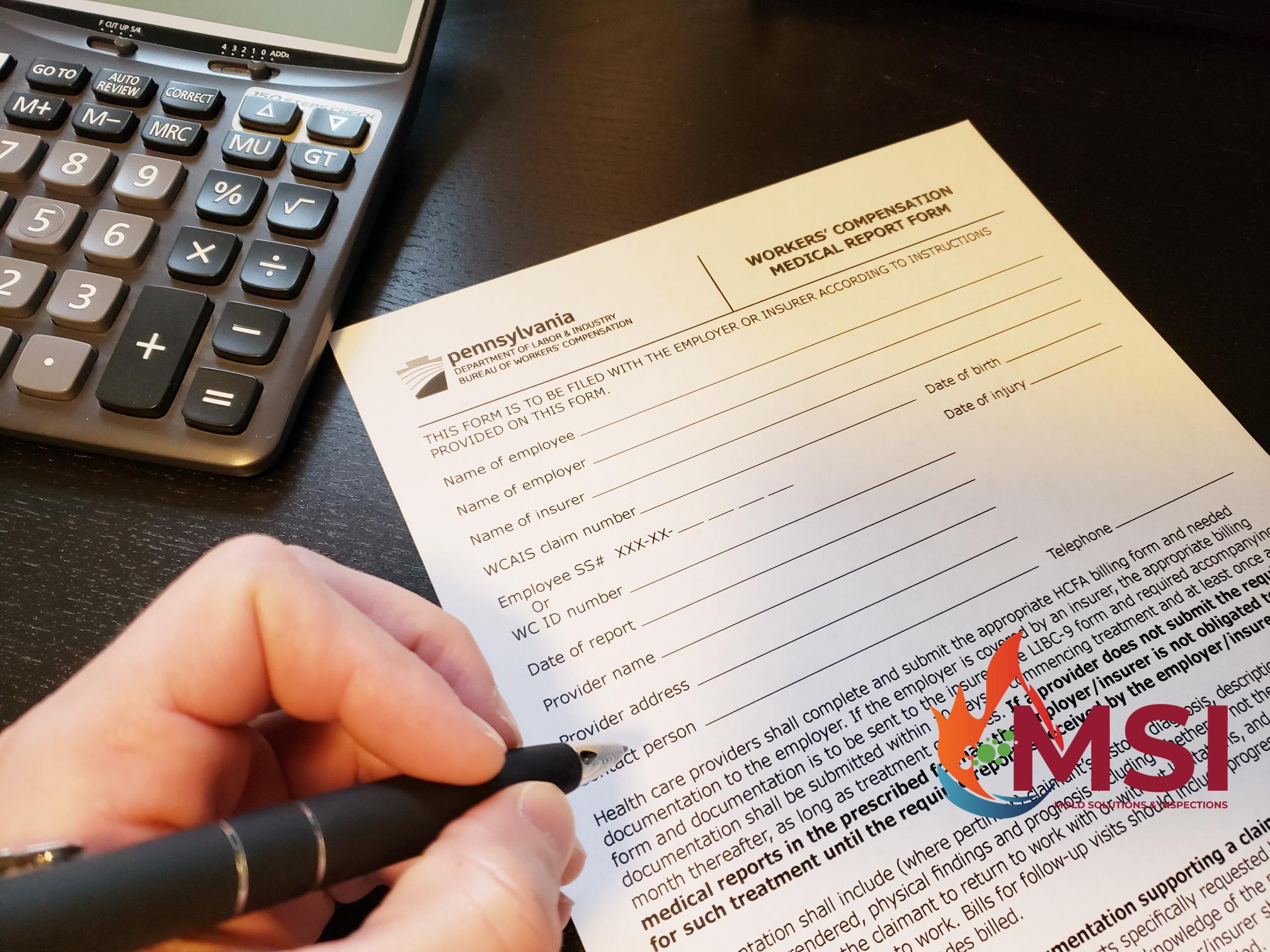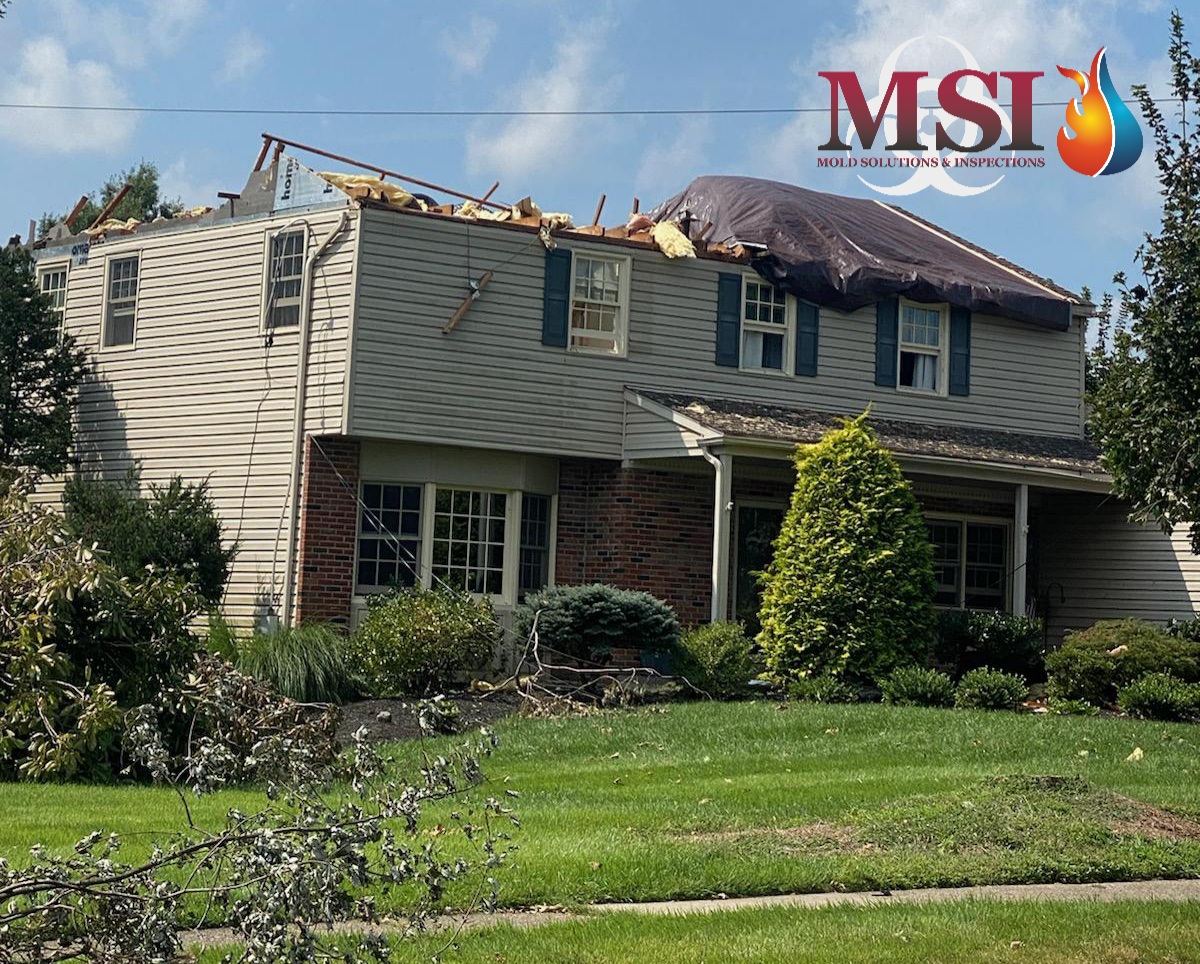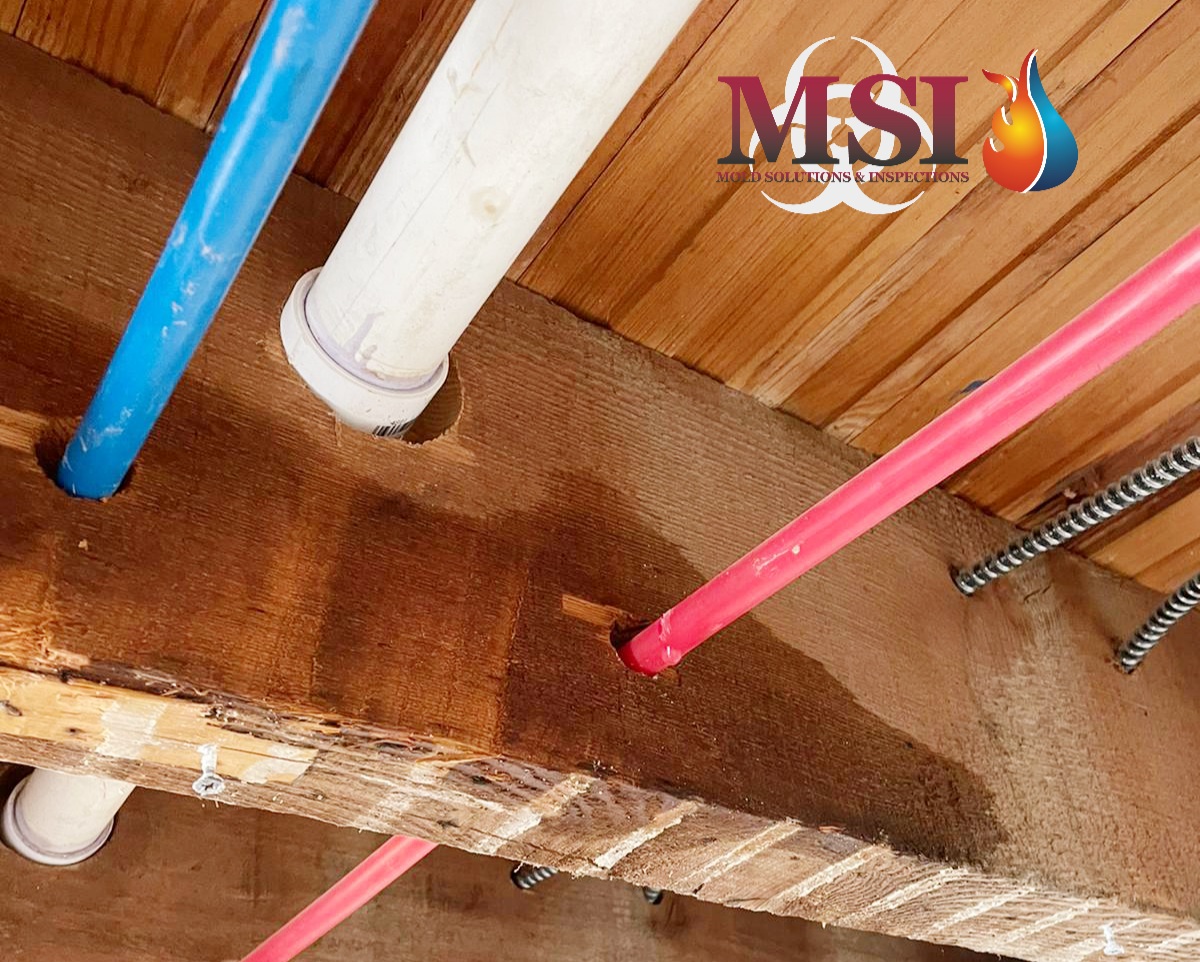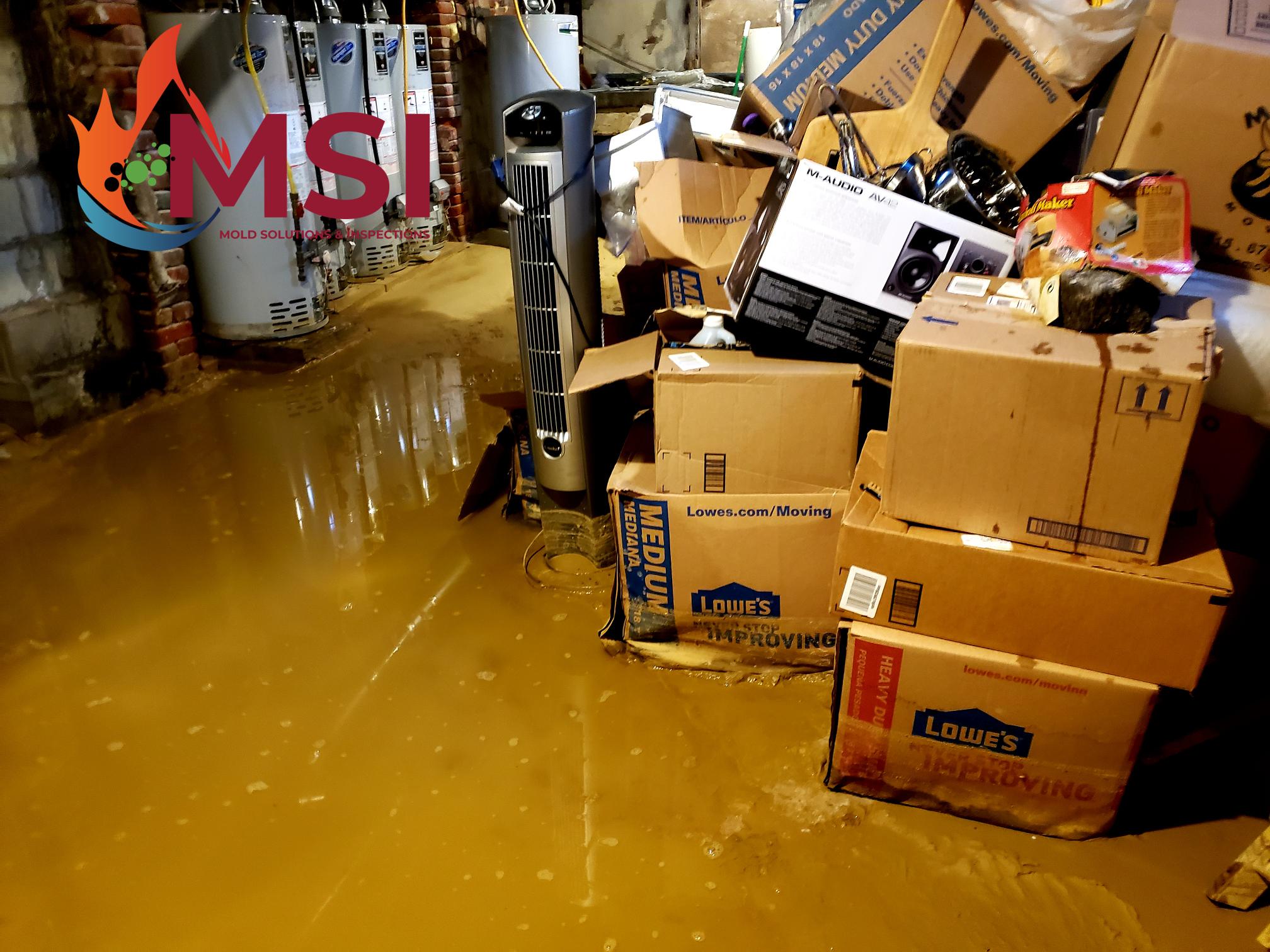Most standard homeowners policies provide protection from water damage if the cause is sudden and accidental. According to the Insurance Information Institute, you’ll likely be protected if, for instance, your drywall is drenched after your water heater ruptures or an upstairs pipe bursts and water saturates the ceiling below. Homeowners insurance does not cover all types of water damage, however.
Damage from unresolved maintenance issues: While your insurance will probably help cover the cost of replacing or repairing a damaged floor if your dishwasher suddenly goes on the fritz, coverage generally will not kick in if the damage results from an unresolved maintenance issue, such as continuous leaking near a faucet or other plumbing fixture.
Replacing or repairing the source of the water damage: Most insurance policies will not cover the source of the water damage. So while your policy may cover the cost of tearing out and replacing that damaged floor, you shouldn’t expect it to cover the cost of replacing your broken dishwasher or washing machine.
Water backup from an outside sewer or drain: You also will not typically be covered by a traditional homeowners policy if water backs into your home through an outside sewer or drain. You may, however, be able to purchase additional sewer or water backup coverage that may help provide protection in case of such an event.
Flood: No type of flood damage, no matter the source of the water, is covered by standard homeowners policies. Flooding, for example, can occur from storms, over-saturated ground, overflowing or surging bodies of water such as rivers, ponds, lakes and oceans, You can, however, purchase flood insurance through the National Flood Insurance Program.

